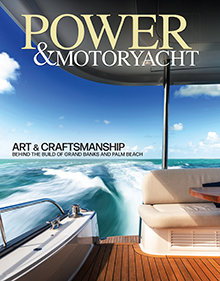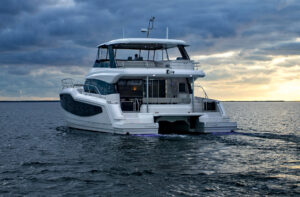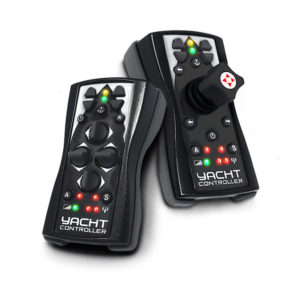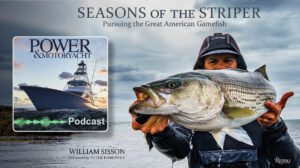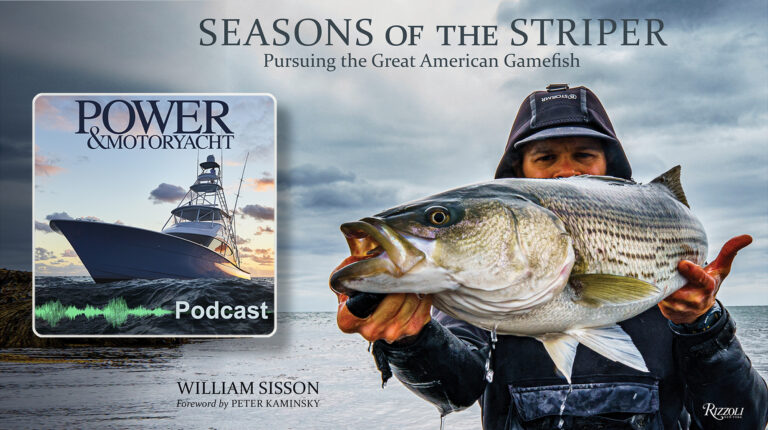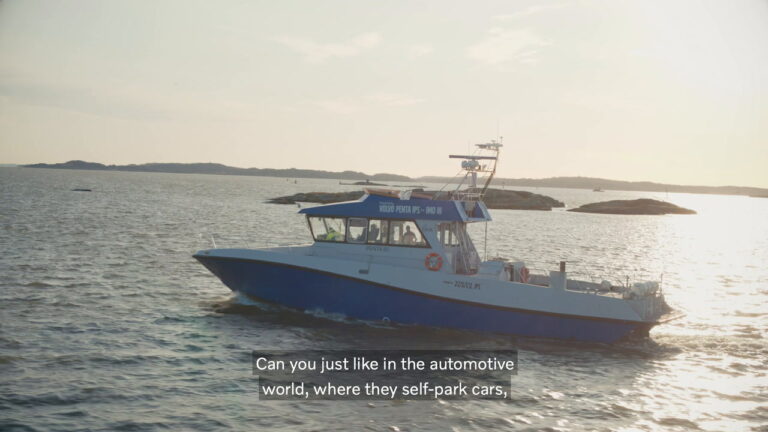
Campaign Manager
Taking on the tournament circuit can be its own reward.
We talked to Jeff Donahue, longtime skipper of the Hatteras Yachts company boat, a GT70 called Hatterascal, about hitting the trail. There are some different forces at play when you’re skippering a company boat as opposed to a private sportfisherman, but the end goals are the same: success and good times.
Power & Motoryacht: How do you plan where you’re going next?
Donahue: The way we look at it on Hatterascal is that we look at our dealers and what we need to hit, but the same questions come up for private boats. If a private boat is based in a certain section of the country, say, in Florida, we would focus on areas such as the Bahamas for the spring. Then there’s a choice after that: Would you head north and go white marlin fishing and maybe go to Bermuda for blue marlin? Or do you want to go south to St. Thomas and go blue marlin fishing? We know we want to hit the Bahamas because it’s local and there are some good tournaments that are easy to fish, with great camaraderie.
Power & Motoryacht: Everyone has a different standard of success, so how does choosing the next destination determine that for a private boat?
Donahue: It’s owner preference: You may do a northern trip—if the owner is from the East Coast somewhere up north, he may want to go home for the summer. If he’s from the middle part of the country, he may not have a preference, so we could do the Bahamas and then go straight to the Virgin Islands and hit St. Thomas. If he loves the Gulf, you’ll take a look at the schedule and figure out which tournaments to fit together—and they’re all great tournaments over there. I can’t think of a bad one. Consistency breeds success, though. Sometimes if you go to the same area two years in a row, you get dialed in and you’re successful and the fishing is good. The fishing reports tell the tale, too, and may give the owner some idea of where he would like to go next.
Power & Motoryacht: How does the competition affect performance?
Donahue: The crew is two mates and a captain, and then, with a company boat, you have different anglers at each tournament. You try to make sure you have a couple of seasoned anglers on the team. The captain and mates have got to be good friends and get along, and they’ve got to be able to count on each other and communicate without speaking. With my mates, I know what they’re going to do and I haven’t said a word, and in the same way, they know what I’m going to do next. With a private boat, you make the schedule and the guys on your team get their spots because they commit to the dates. And if you can get into a groove and those anglers can also communicate with the mates and the captain, then you may really be able to get something going.
—Jason Y. Wood

